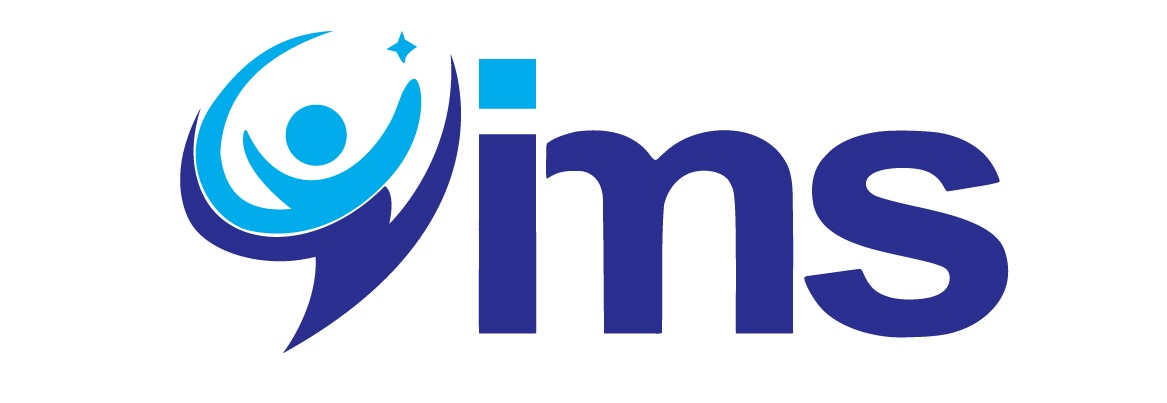


HR policies related to service are a set of guidelines and regulations established by an organization’s Human Resources department to govern employee behaviour and expectations in the context of providing excellent service to both internal and external stakeholders.
These policies outline the standards, procedures, and expectations that employees must adhere to when interacting with customers, clients, colleagues, and the public.
HR policies related to service typically cover areas such as customer interactions, communication standards, conflict resolution, complaint handling, professionalism, and ethical conduct. By providing clear and consistent guidance on service-related matters, these policies help ensure that employees contribute to a positive organizational culture and maintain high service quality standards.
Looking for a First-Class Business Plan Consultant?
1-Code of Conduct Policy: The Code of Conduct Policy is a foundational document within an organization that outlines the expected standards of behavior and ethical principles that all employees, contractors, and representatives must follow while they are associated with the company. This policy serves as a guide to help maintain a positive workplace culture, uphold integrity, and ensure compliance with legal and regulatory requirements.
2-Termination of Employment Policy: This policy serves to ensure that terminations are conducted fairly, legally, and in accordance with the company’s values and applicable employment laws, while also safeguarding the rights and interests of both the organization and its departing employees.
3-Employment Contracts/ Agreement Policy: This policy serves as a legally binding agreement between the employer and the employee, ensuring that both parties are aware of their rights and responsibilities. It helps create a transparent and consistent work environment by providing clear guidelines for employment expectations and standards.
4- Car Lease Policy: This policy outlines the terms and conditions under which employees can access and use leased cars for business purposes.The Car Lease Policy is designed to ensure responsible and cost-effective use of company resources while providing employees with the necessary tools to carry out their job-related tasks efficiently and safely.


5-Employee Wages / Assessment: Employee wages assessment refers to the process by which an organization evaluates and determines the compensation or remuneration for its employees.
6-Gratuity Policy This policy serves to ensure that terminations are conducted fairly, legally, and in accordance with the company’s values and applicable employment laws, while also safeguarding the rights and interests of both the organization and its departing employees.
7-Leave Policy: This policy serves as a legally binding agreement between the employer and the employee, ensuring that both parties are aware of their rights and responsibilities. It helps create a transparent and consistent work environment by providing clear guidelines for employment expectations and standards.
8- Adaptive Work Culture Policy: It typically outlines the importance of open communication, collaboration, and a growth mindset, promoting a work environment where employees are encouraged to experiment, learn from failures, and respond effectively to shifting priorities and challenges.
9-Communications Policy : The Communications Policy aims to ensure clear, efficient, and responsible communication among employees while safeguarding sensitive information and upholding the organization’s values and image. It serves as a reference point to maintain professionalism and consistency in all communication efforts, both internal and external.
10-Awards and Recognition Policy: The Awards and Recognition Policy is a crucial component of an organization’s Human Resources framework that outlines the procedures and criteria for acknowledging and rewarding outstanding performance and contributions by employees. This policy sets clear guidelines for the types of achievements and behaviors that qualify for recognition, whether it be through monetary rewards, certificates, trophies, or other forms of acknowledgment.
11-Performance Management and Appraisal: Performance Management and Appraisal is a systematic process employed by organizations to evaluate and assess the job performance of their employees. This crucial HR practice serves several purposes, including setting clear performance expectations, providing feedback, identifying areas for improvement, and recognizing and rewarding achievements.
12- Hiring Policy: A Hiring Policy is a set of guidelines and procedures established by an organization’s Human Resources department to govern the recruitment and selection of new employees. This policy outlines the processes, principles, and criteria that the organization follows when seeking to fill vacant positions.

